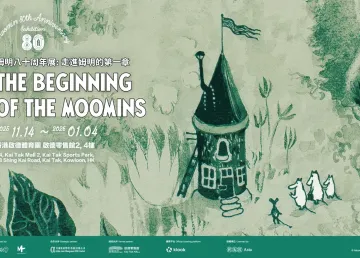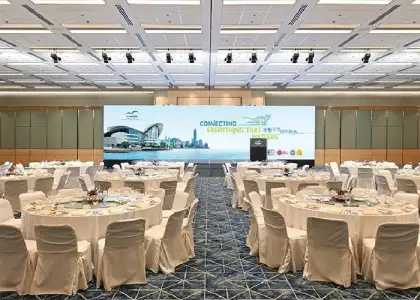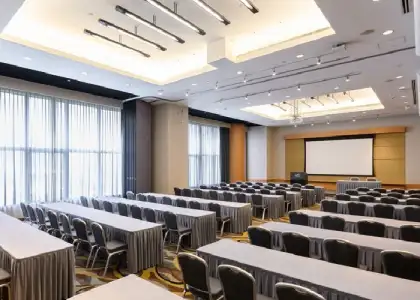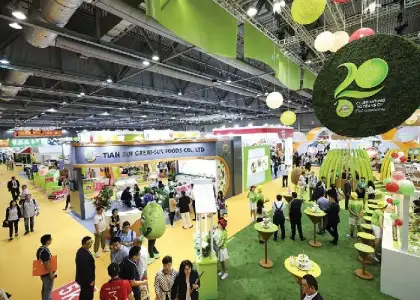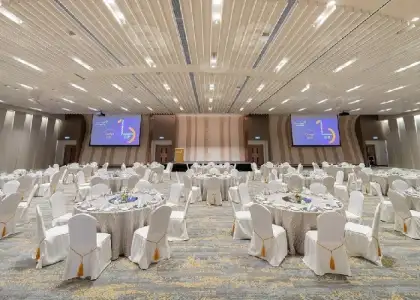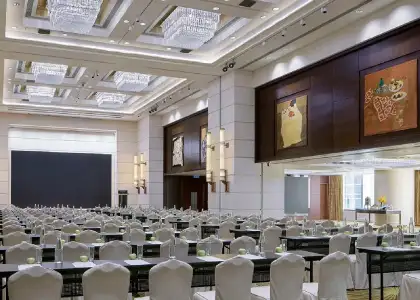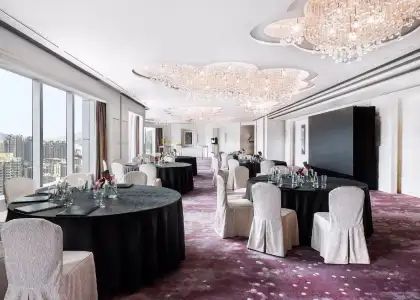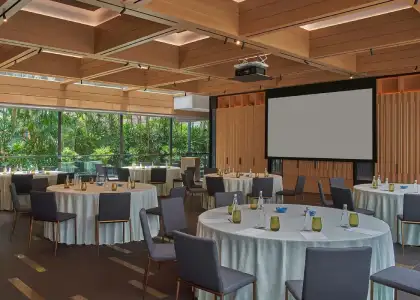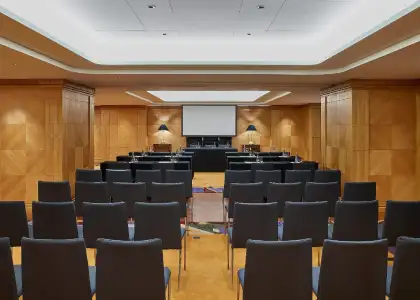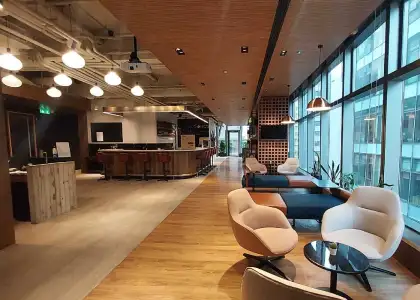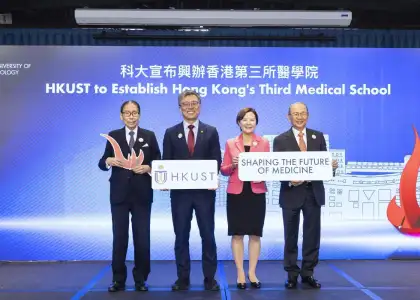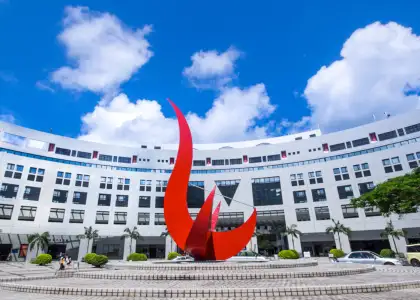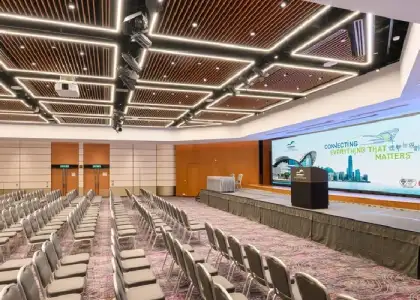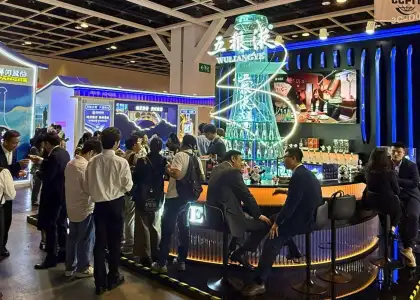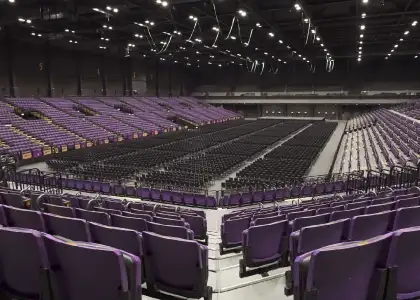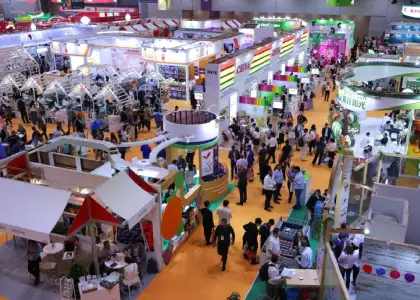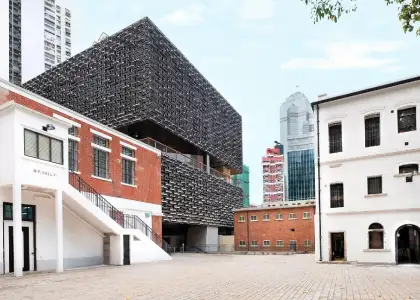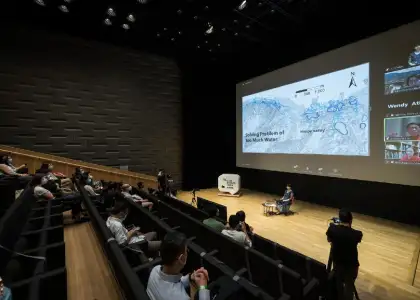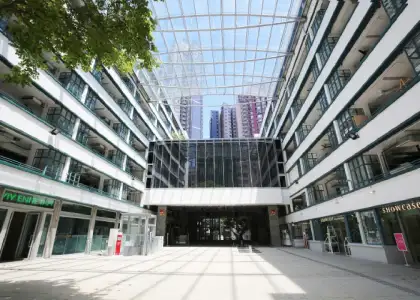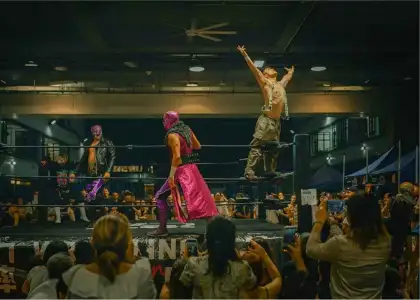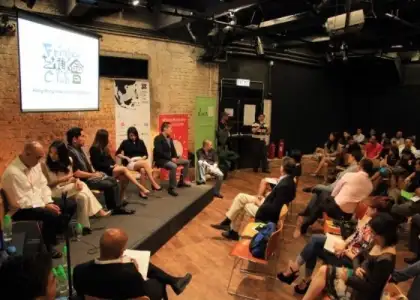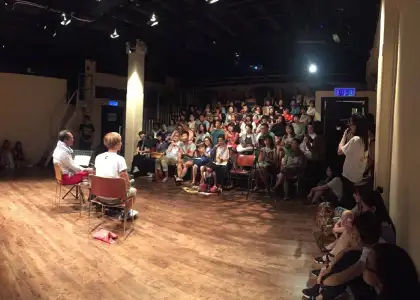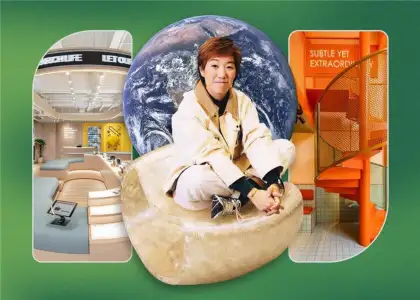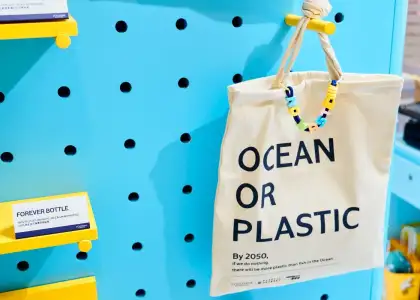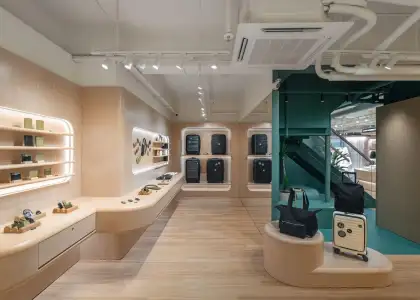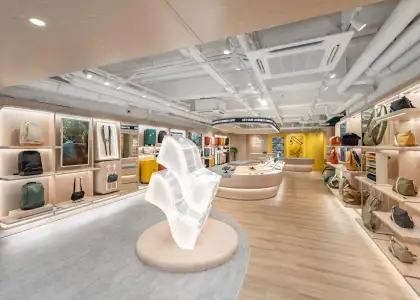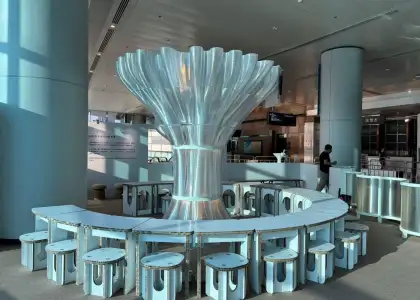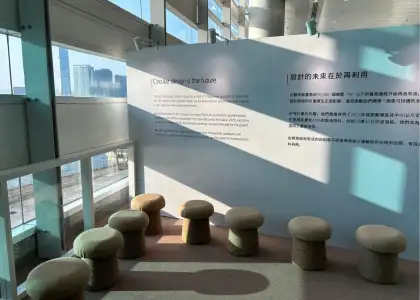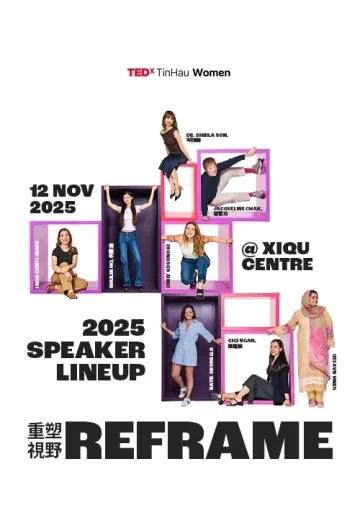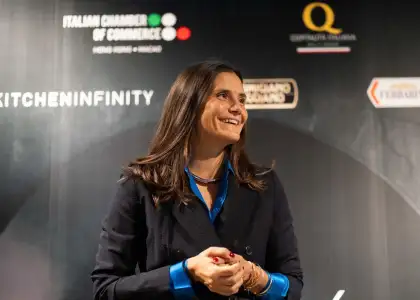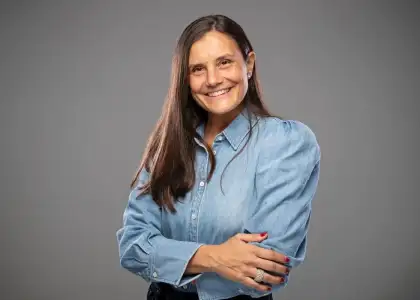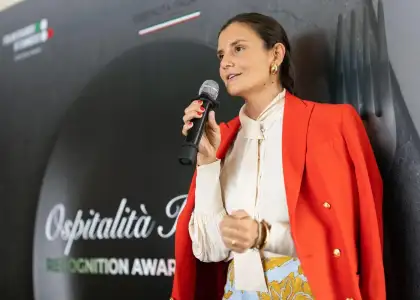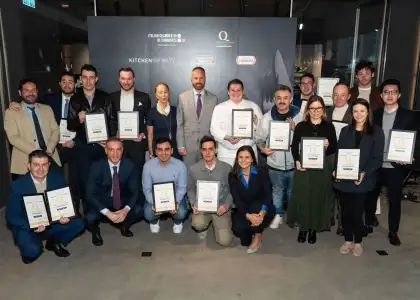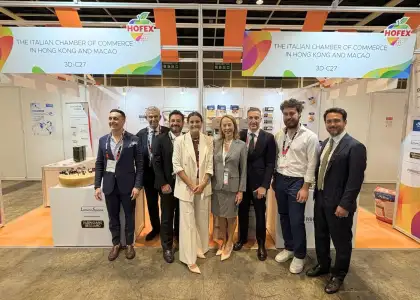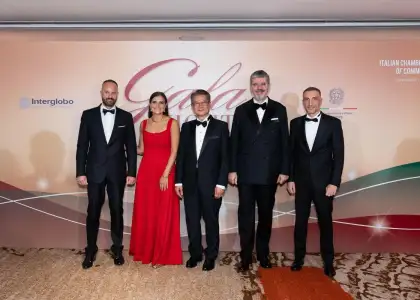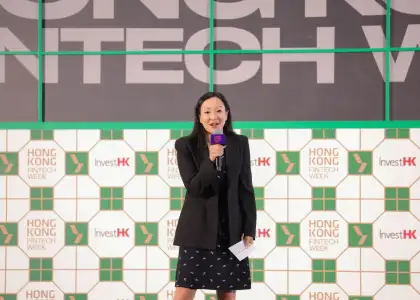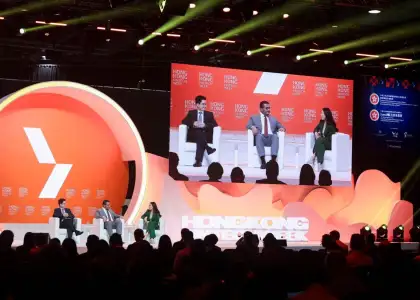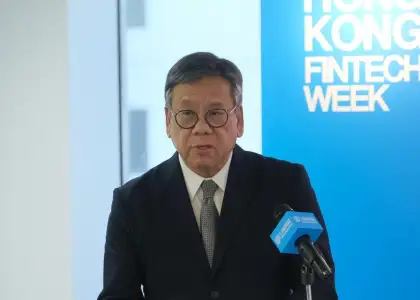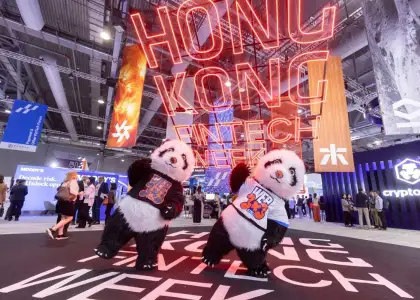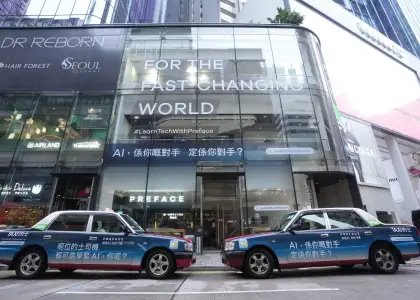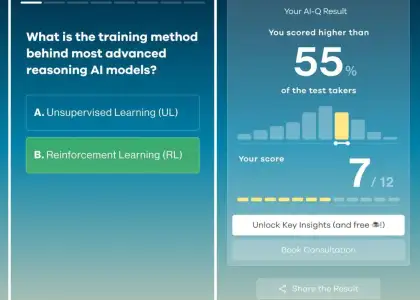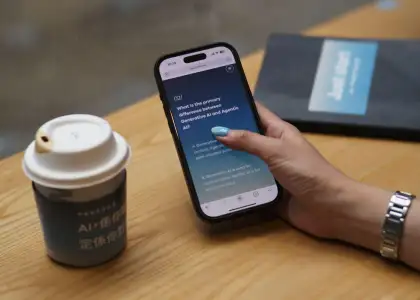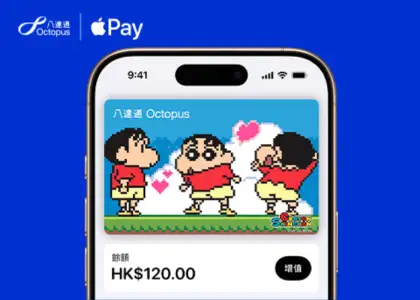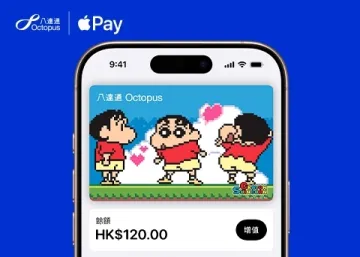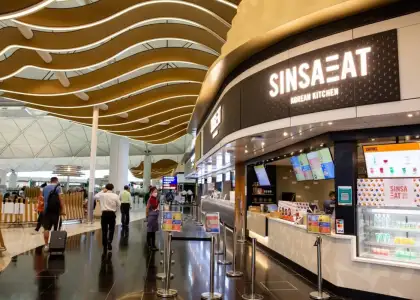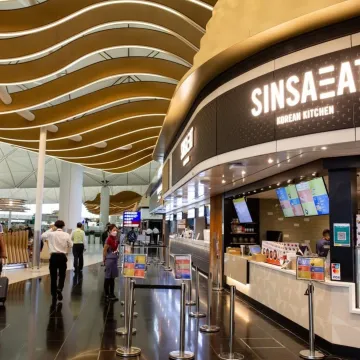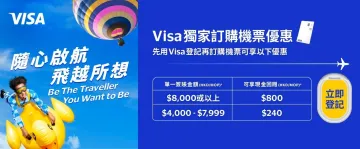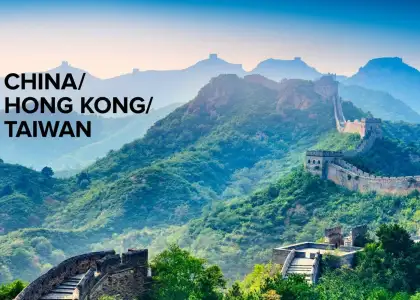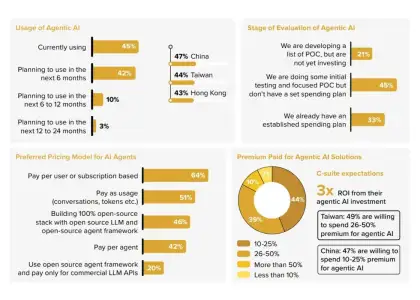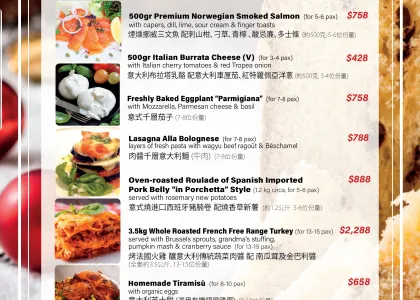Shared Impact: FSI Exec. Director on Building a Sustainable Force for Good
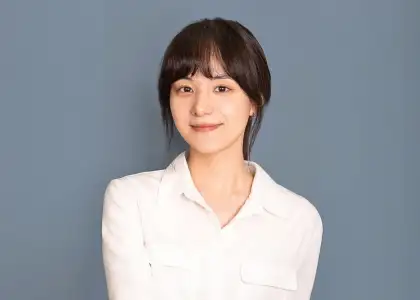
Have you ever wondered what it takes to make it to the C-suite? We sit down with corporate leaders and changemakers to get to the heart of their success. What was their first job? What does it take to found your own company? All of these questions are answered in Executive Impact, our latest interview series that explores actionable advice, corporate social responsibility, and building a legacy that will have a tangible impact on the future.
Social impact intern turned Executive Director at one of the city’s innovative NGOs working to foster sustainable systemic change, Vivian Seo leads with “radical candor” and an unwavering commitment to the Foundation for Shared Impact (FSI)’s core philosophy. Connecting individuals and corporations with resources to impact-driven causes since its formation, FSI has successfully fostered a thriving ecosystem and growing force for good.
Fresh from a heartwarming and successful second edition of FSI’s annual Know Your GuideFong event held in Tsim Sha Tsui in July 2025, The Beat Asia explores Vivian’s humble origins from the Foundation's first project manager to leading its expanded team today, working to be the city’s social impact superconnector. Naming herself a “professional generalist,” her skills and experiences are broad, successfully allowing her to bring together Hong Kong’s wealth of resources and social impact-minded individuals to build a thriving ecosystem driving sustainable change.

Co-founded by serial social entrepreneur and professor at HKU Business School, David Bishop, the Co-founder of the Fair Employment Agency, Soap Cycling, and Migrasia, among other notable social enterprises, and Jon Pederson, the Director of Weava and Co-teacher at the Impact Lab at the University of Hong Kong, FSI was created in 2018 with the mission to help the city’s socially-driven people to scale their impact through knowledge-sharing, connecting individuals and resources, empowerment, and direct community action. This also involved the creation of an extended shared network for not only David and Jon’s social enterprises, but also the city’s vast ecosystem of ethnically diverse business owners and founders.
Today, FSI is home to multiple curated programs offering mentorship for ethnically diverse entrepreneurs, youth empowerment, corporate and leadership training, and many other community-driven solutions. From guided tours inviting locals to connect with the small business owners at the heart of Hong Kong, to volunteer opportunities, to training for NGO board members, the scope of FSI’s work is broad, and well aligned with their mission — “to be a one-stop shop for anyone who wants to do good,” in Vivian’s words.
Get to know Vivian’s unique professional journey from working at Goldman Sachs after graduation to returning to the social impact space, learn more about FSI and how you can get involved, and her personal advice for entrepreneurs. Kicking off the interview, we ran 10 questions from the Proust Questionnaire by Vivian:
1. What do you consider your greatest achievement?
I consider learning English my greatest achievement in life.
It really opened doors for me to connect more with people and feel at home in a country that I'm not originally from, and really let me break out of my comfort zone.
2. What is your idea of perfect happiness?
My idea of happiness is to feel safe in an environment where I have people surrounding me that I can trust, and sometimes be silly with. My idea of perfect happiness would then be being able to provide that kind of environment for someone I love.
3. What was your first job?
My first job was working as an English tutor!
4. When and where were you the happiest?
I'm the happiest now! And most recently, I made a trip to a countryside town I was raised in in Korea with my parents and some of my besties in Hong Kong. It was a really nice family feeling — that was one of the happiest moments in my life.
5. What is it that you most dislike?
I dislike any actions or words people use to judge others.
6. What is your greatest fear?
My greatest fear is not being useful to others.
My sense of achievement and fulfillment always comes from being practically helpful to others. This is a fear that I'm trying to overcome, but I still have it.
7. Which talent would you most like to have?
I would love to have a talent to recover fast and have a lot of athletic talent, for my own health!
8. What do you consider the most overrated virtue?
There's no virtue that I think is overrated, but if I had to pick one, I would say, maybe honor, especially blinded [honor] that is just kept for the sake of it.
9. Which living person do you most admire?
There is a YouTuber who's 73 years old who's a Korean called Milanonna.
She's the first Korean to study in Milan, Italy, in the 1970s. She’s a pioneer in the fashion industry and has brought multiple Italian Brands for the first time to Korea. The reason why I admire her is that she is an icon of breaking out of her comfort zone and being a YouTuber to share her life story. She gently suggests that everybody should be their authentic self and be comfortable with who they are.
10. What is your motto?
My life motto is to live as you like.
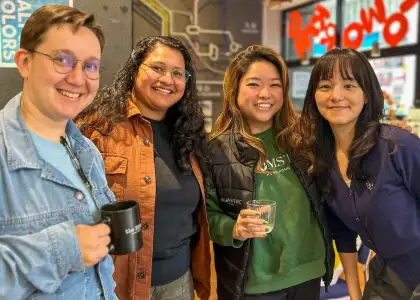
Reflecting on your journey working as an intern at the Fair Employment Agency to your career at Goldman Sachs, to returning to the social impact space working at FSI and eventually transitioning to your current role as Executive Director, how does it feel to look back on your professional career and celebrate FSI’s growth?
I was born and raised in Korea and was really captivated by the idea that you can do something socially meaningful, but at the same time be commercially sustainable. I just thought that that made perfect sense; everybody should do something that benefits society, but still be able to survive.
I came to Hong Kong to study accounting and finance, but I knew I did not want to become an accountant or auditor. On my first summer break, I was scrolling through my emails, and there was this course recruitment message for the Impact Lab Course (formerly Social Venture Management Course), where students do an internship placement instead of coursework at a social impact organization.
Long story short, that course is something that our Co-founder, David Bishop, administers. Through that internship, I was able to work with the Fair Employment Agency.
After I graduated, I knew that I wanted to build more transferable skills, and luckily, I got into Goldman Sachs. That was great because they provide a lot of training, and it's an environment where you can develop a lot of soft skills. At the end of my second year, I was looking for an opportunity where I could feel more connected to the community in Hong Kong.
I had stayed in touch with David after graduation and learned that he had built the Foundation for Shared Impact (FSI) [in 2018] as an umbrella organization to facilitate resource management for his multiple social enterprises.
When he explained what FSI would be doing, I felt like it was meant to be. I would love to be in a position where I'm helping amazing people build amazing stuff.
I was our first project manager. And that's how I came to FSI four years ago!
I eventually landed on leading the Community Business Support Program (CBS). This is the program through which we empower under-resourced entrepreneurs, small business owners, and social entrepreneurs. Before, it was done on a more ad hoc basis, and after I joined, that's how we eventually built the Mentorship Program for Ethnically Diverse Entrepreneurs, the GuideFong project, and many more that we're still running.
Celebrating the growth from then, we now have five full-time hires growing to a group of nine paid staff!
I've seen FSI grow so much, and to be able to sit in a leadership position from last year in this organization that has so much talent, I'm just very grateful for the opportunity.
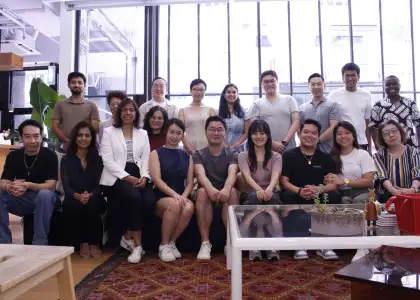
How would you like to define your professional career?
I’m a professional generalist.
It used to be my biggest fear. I have so many friends who had a very specific dream, like “I want to be a doctor,” but I never really had that one occupation that I dreamed of.
Looking back, I think I was always excited by opportunities where I could be a facilitator or coordinator, building bridges. I might not be an expert, but being somebody who enables others to do something a bit more and maximizes others’ potential. That’s the kind of job I like to do.
What is a crucial piece of leadership advice you wish had been shared with your younger self?
I'm still telling this to myself now: just because you're sitting in a leadership position doesn't mean that you need to have all the answers by yourself.
The less experienced you are, the more pressure you feel you need to excel if you're given a leadership position. I think if you're in an environment where you can be a leader and you can still fail, that's the best environment you can be in. The important and powerful learning I got is that I should trust my teammates and also their trust in me- that there's a good reason for me to be placed in this position.
Congratulations on FSI’s annual Mentorship Program for Ethnically Diverse Entrepreneurs reaching its 3-year mark! What's a meaningful experience from this program you’d love to commemorate?
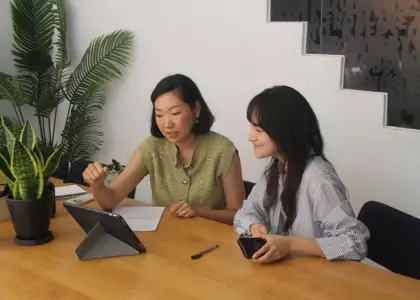
I feel the most sense of fulfillment or achievement in those full circle moments — we have some mentees that we accelerated who want to come back to be a mentor. Those are the moments that I adore the most, when the community stays beyond the program, and they help each other.
That tells us that what we envisioned can really come true. We're trying to build communities that are reciprocal and supportive; we want to make sure that it's sustainable beyond just the program period. Watching these entrepreneurs exchange knowledge, share resources, help each other out, and grow together was a moment where we knew it could happen.
Adding onto that, what has been one of your most validating experiences or proudest moments that affirmed the positive impact FSI is making for you?
If we think about FSI as an organization, we work with corporate partners, corporate professionals, schools, and youth.
When young people come to us and say that they've changed thanks to our experience, that's a big moment for me. Youth work with us through internship placements, soft skills workshops, or other programs. They gave feedback that our experience broadened their horizons, and they were able to connect with a community that they'd never interacted with.
When they come to us, their experience changes their perspective and has an impact on their long-term career. We feel the heaviest responsibility because we know we have an impact.
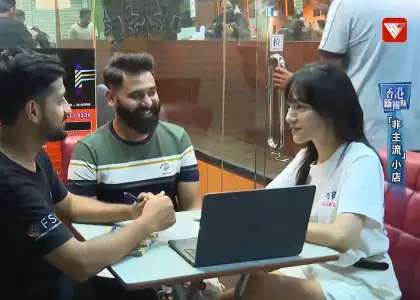

You have also reached 1 year since your appointment as Executive Director at FSI, how does it feel and looking forward, what impact are you looking to make?
It's a really humbling experience to be able to lead a team that consists of eight other people, some more experienced than me, coming from all different cultures and backgrounds.
Our name, Foundation for Shared Impact, kind of spoils it, but we are all in for collaboration. We're trying to spread the message and prove through our programs that the social sector doesn't have to be a zero-sum game.
We don't need to take from another to win. We can all thrive in an ecosystem that supports each other. Our organizational strategy is all about that purpose, where we're building programs that help the entire ecosystem of the social sector.
Can you elaborate on the value FSI provides your partner corporations?
To run a good company, you need to invest in people. For the current generation, a sense of purpose is something that drives people a lot.
That's where we come in because we have the expertise and the connections through which corporates can deliver community engagement and socially impactful programs for their staff. Some examples include skills-based volunteering opportunities or workshops.
Using GuideFong as an example, we bring volunteers on tours in multicultural neighborhoods to visit small businesses to use their skills in a different way. We work with law firms that provide legal support for our entrepreneurs and mentees. [We hold] workshops where you help an entrepreneur or social impact organization do market research or develop a financial model. Everybody has skills that they can give, so we're a conduit for providing that kind of opportunity for corporates.
We also deliver board director training to professionals. We’re a one-stop shop for any corporation that wants to do good.
How would you define FSI’s core values?
There are five pillars in our Shared Impact Philosophy. The first is broad collaboration, and the second is freely sharing knowledge and resources.
The third is data-driven impact models. We always value visible data like impact measurement. The fourth is seeking systems change, so driving impact that is long-term oriented and solving root issues instead of just a one-off bandage of issues.
The last one is a culture of radical candor, so making sure that we are transparent in the way that we communicate.

For emerging entrepreneurs looking to tackle this tough market and make a difference, do you have a main takeaway to share with them?
Join a community.
If you're starting by yourself, it's a very lonely journey. That's why we built the mentorship program to create a community and help you find like-minded entrepreneurs that you can learn from and share resources with.
You are also an Executive at social enterprise Gowld Art Centre, can you share a little more about its mission?
Gowld Art Centre (GAC)'s mission is to provide an environment where anyone in Hong Kong can maximize their creative confidence by taking care of their body, mind, and soul using art as a medium to achieve self-actualization.
We have a lot of educational programs also in martial arts, so it's not just visual arts. It's a really diverse and hybrid space.
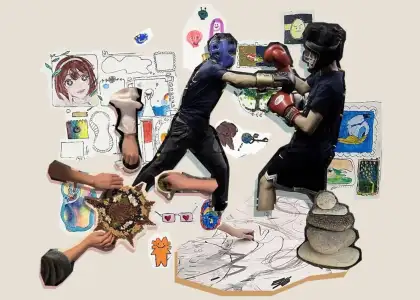
Is there any crossover between your work at GAC and FSI?
Yes! Gowld Art Center is one of the many social impact organizations that FSI works with. They’re also part of the Impact Lab Course, through which they're getting university interns.
Life as an entrepreneur, especially for solopreneurs, can be quite hectic and time-consuming, what is your advice for business owners to stay true to their mission whilst prioritizing their own self-care?
It’s important you know your own cheat sheet on how to let go and relax. It could be travel, reading, or chilling at a café, but make sure you know what works for you and are using that method frequently enough to prevent burnout.
It’s really important you check your own reserve and battery to assess how much energy you have left so that you're preventing future burnout.
What self-care practices do you take part in?
My favorite would be reading outside in a café if the weather permits. I like creating things with my hands. I've been hopping between different hobbies: pottery, painting, and recently, I got into crochet.
What’s your favorite part about working in the social impact space in Hong Kong?
I love the people that I work with. I love being in a space where not just FSI, but all these other organizations that have their own social mission and vision are so passionate about what they do, and everybody brings their whole self to their work.
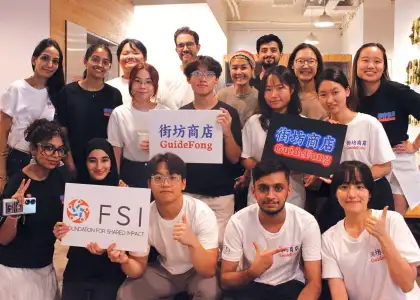
What can we look forward to seeing from FSI in the future?
We want to be the go-to platform for anyone who wants to do something good, and they can come to us because they know that we have an opportunity that's suitable for them to bring their resources and skills.
For the Community Business Support Program, specifically for GuideFong, it's quite similar: anybody in Hong Kong who wants to support small businesses and small neighborhood shops can come to us and look for these [local businesses].
Last year, we tried getting a bit more visible by holding a bazaar. This year, we scaled up!


We held a “Know Your GuideFong: TST Edition” event where we had a pop-up market at the Heath Hong Kong, the basement mall under Chungking Mansions. We had an afternoon-long treasure hunt where people were given a map of GuideFong shops they could shop from to redeem a prize.
We were especially excited for cross-sector collaboration to support these small businesses that are hidden gems in Hong Kong, that shouldn't be hidden anymore.
This interview has been edited for length and clarity.
Read more about FSI’s “Know Your GuideFong: TST” event held on July 6th, 2025 here.
Learn more about the Foundation for Shared Impact here, and follow them on Instagram, Facebook, and LinkedIn for more updates!
Enjoyed this article? Check out our previous Executive Impact profiles here.
Subscribe to The Beat's newsletter to receive compelling, curated content straight to your inbox! You can also create an account with us for free to start bookmarking articles for later reading.




